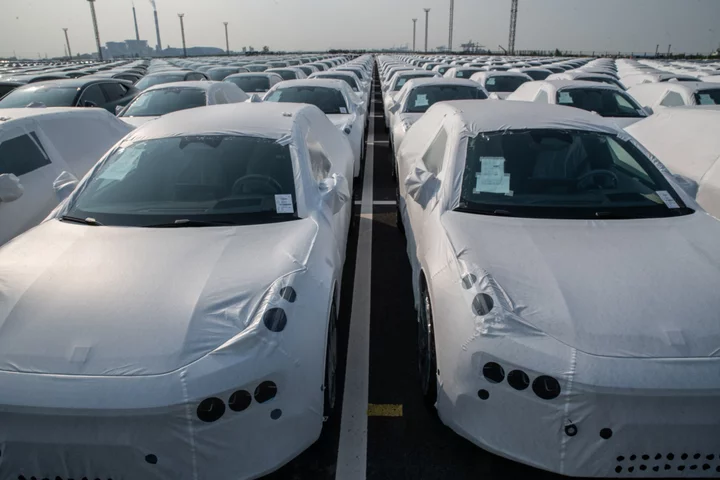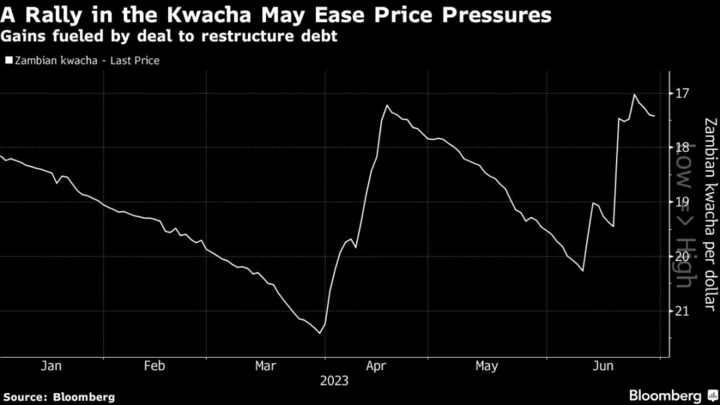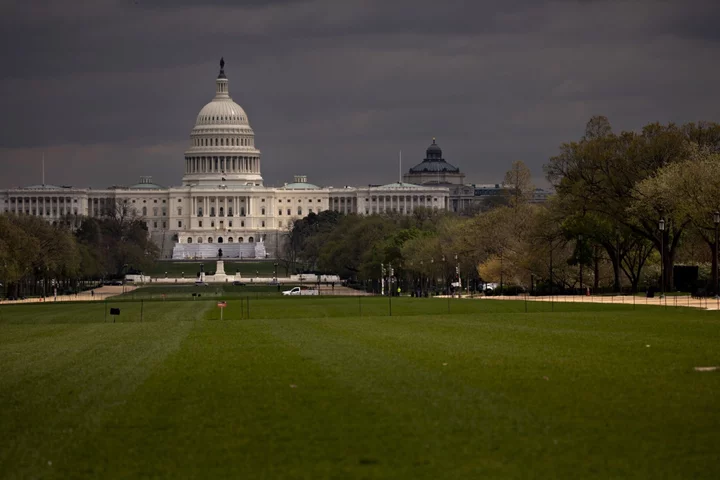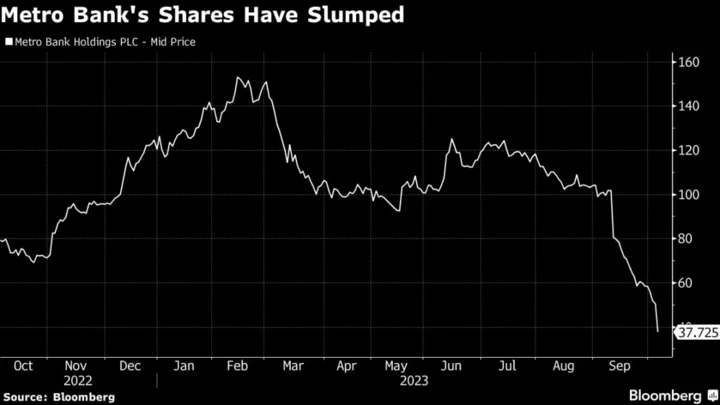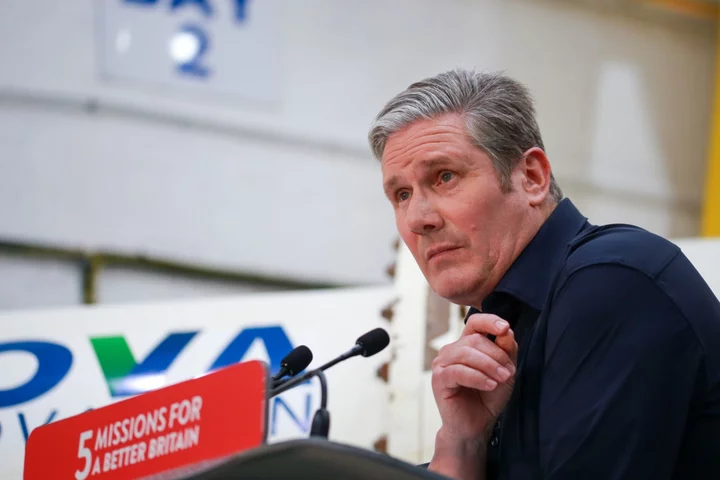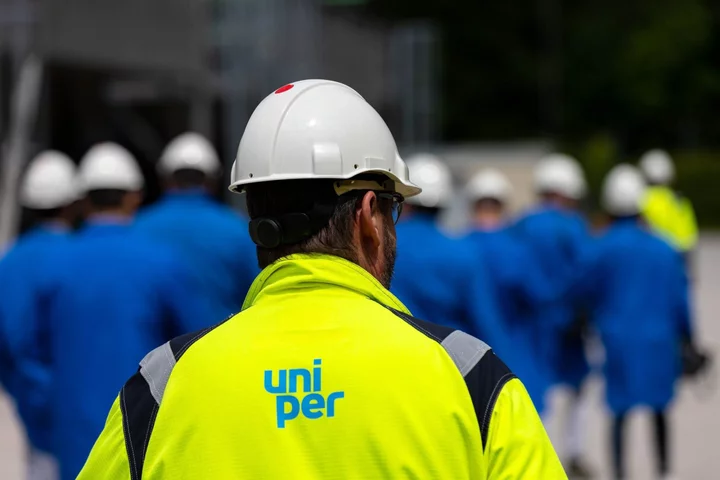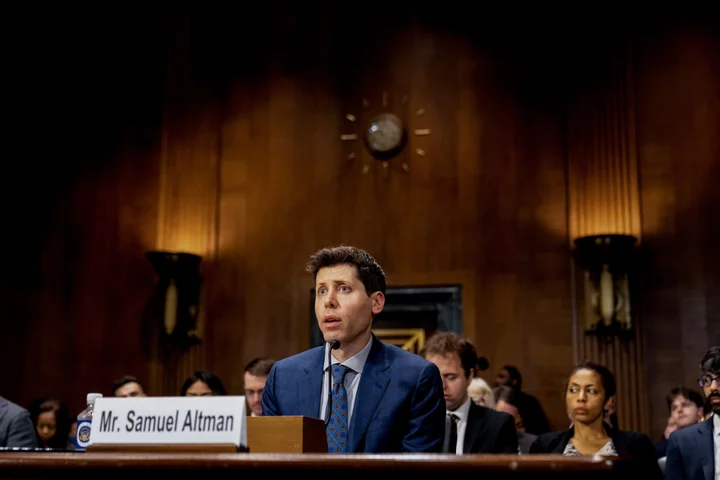The European Union’s trade commissioner said an influx of electric vehicles from China is weighing on a decision on whether to delay tariffs on EVs shipped between the bloc and the UK.
Under a post-Brexit agreement, a 10% tariff will be imposed from January on any EV traded between the EU and the UK, if less than 45% of its value comes from the two regions. The auto industry is putting pressure on the 27-nation bloc to extend that deadline as they currently source most EV batteries — typically about 40% of the car’s value — from Asia.
That tariff would make European EVs more expensive, costing the sector €4.3 billion ($4.5 billion), according to industry estimates. It would also compound concerns in Brussels that China’s auto industry has an unfair pricing advantage as a result of subsidies.
“We hope that we can avoid tariffs,” Valdis Dombrovskis said in an interview with the Frankfurter Allgemeine Zeitung published Saturday. “If the EU and Great Britain now impose tariffs on each other, it will not help our industry — only China, if anyone at all.”
British and European carmakers want to extend the planned phase-in period by three years, allowing more time for the region’s battery supply chain to develop. Brussels has been adamant about avoiding changes to the text of the post-Brexit Trade and Cooperation Agreement, lest it open the door to other revisions.
Dombrovskis told the newspaper it would be possible to avoid the EV tariffs “without opening the Brexit agreement,” but did not elaborate.
The commissioner, who was in China earlier this month to discuss trade issues, confirmed that under the EU’s anti-subsidy probe into Chinese EVs, other brands such as Tesla Inc. could face punitive tariffs for taking advantage of Chinese support and exporting to Europe.
Read more: China Shies Away From Confrontation With EU Over EV Probe (1)
“Let’s put it this way: No decision has been made, but the proceedings are not limited to Chinese brands,” he said. The investigation is due to start “in the coming days,” he added.

